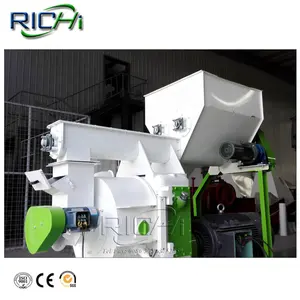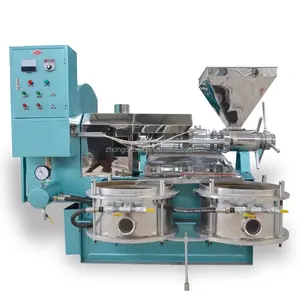Introduction to Biofuel Palm Oil
Biofuel palm oil represents a significant segment within the renewable energy sector, offering a sustainable alternative to fossil fuels. Derived from the pulp and kernels of palm fruits, this versatile oil serves not only in culinary applications but also as a cleaner-burning fuel source. Its utility spans from industrial to edible grades, catering to diverse market needs.
Types and Forms of Biofuel Palm Oil
The market presents various forms of palm oil suitable for biofuel production. Customers can find crude palm oil, which is the unrefined state, or opt for refined palm oil, which has been processed to remove impurities. For specific applications, hydrogenated and cold-pressed palm oil are also available, each with unique characteristics that suit different industrial requirements.
Applications and Features
Biofuel palm oil is a key ingredient in the creation of biodiesel, a renewable energy source that can power vehicles and machinery. Its high saturation level makes it stable, ensuring that it maintains consistency at room temperature, which is crucial for storage and transportation. In the food industry, its application is widespread in products requiring a stable fat, such as in the manufacturing of snacks, confectionery, and margarine.
Material Advantages and Nutritional Benefits
This biofuel source is rich in healthy fats and essential vitamins. It is a natural storehouse of Vitamin A and E, which are vital for maintaining good vision, robust immunity, and skin health. The presence of antioxidants in palm oil extends its shelf life and preserves its quality over time. Additionally, its composition may support weight management and promote cardiovascular health.
Quality and Specifications
Quality specifications for biofuel palm oil, such as the Iodine value, slip melting point, and fatty acid content, are critical for buyers to consider. These specifications ensure that the oil meets the required standards for its intended use, without imparting any undesirable flavors or aromas to the end product. The available grades, like CP12, CP10, and CP8, indicate the degree of processing and purity, allowing buyers to select the most suitable type for their needs.
Sustainability and Wellness
Opting for biofuel palm oil is a step towards environmental sustainability, as it is a biodegradable and carbon-neutral resource. Its use in the biofuel industry contributes to reduced greenhouse gas emissions compared to traditional fossil fuels. Moreover, the trans-fat-free varieties of palm oil cater to health-conscious consumers, aligning with the global shift towards wellness and mental health support.













































 浙公网安备 33010002000092号
浙公网安备 33010002000092号 浙B2-20120091-4
浙B2-20120091-4